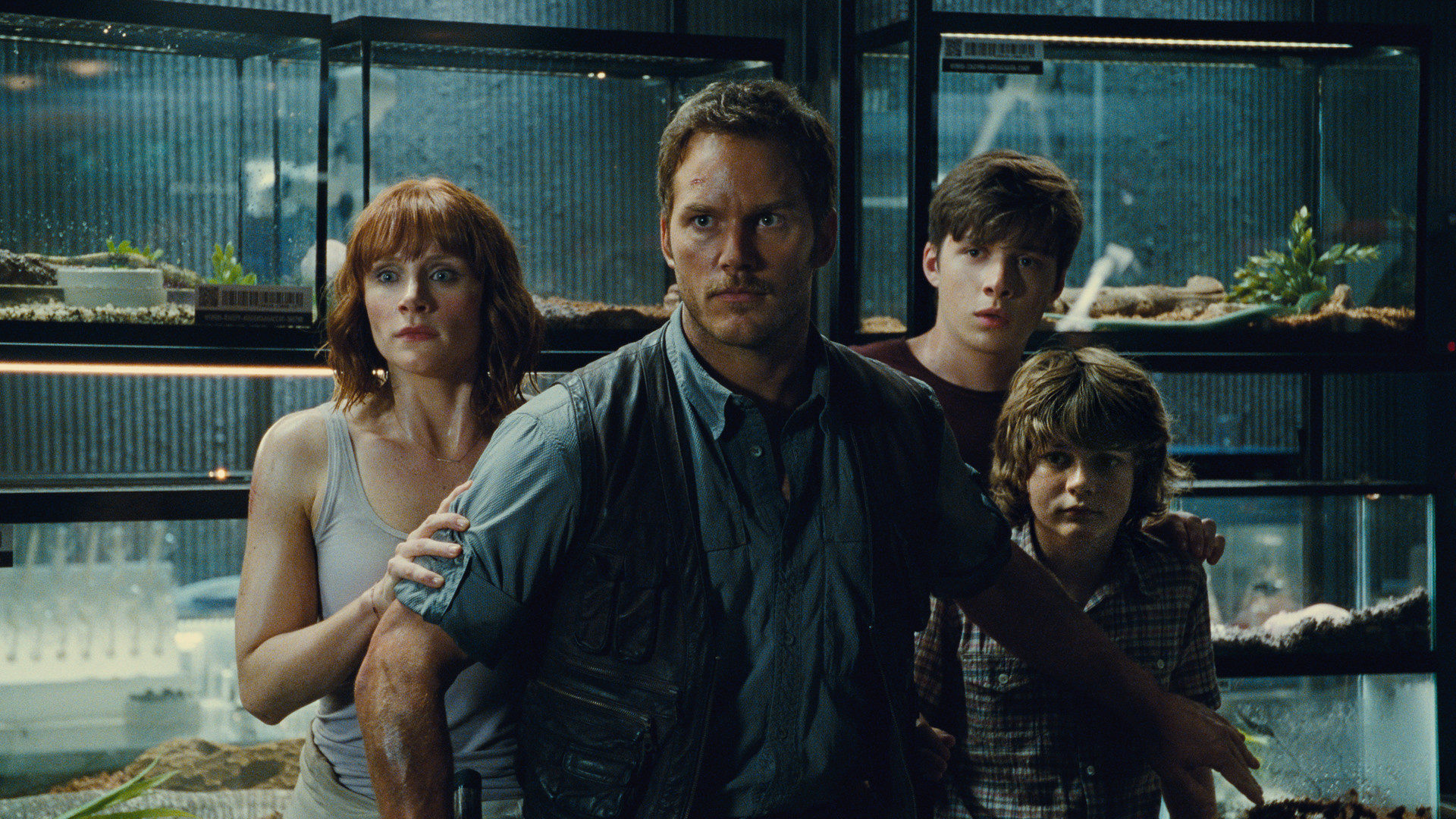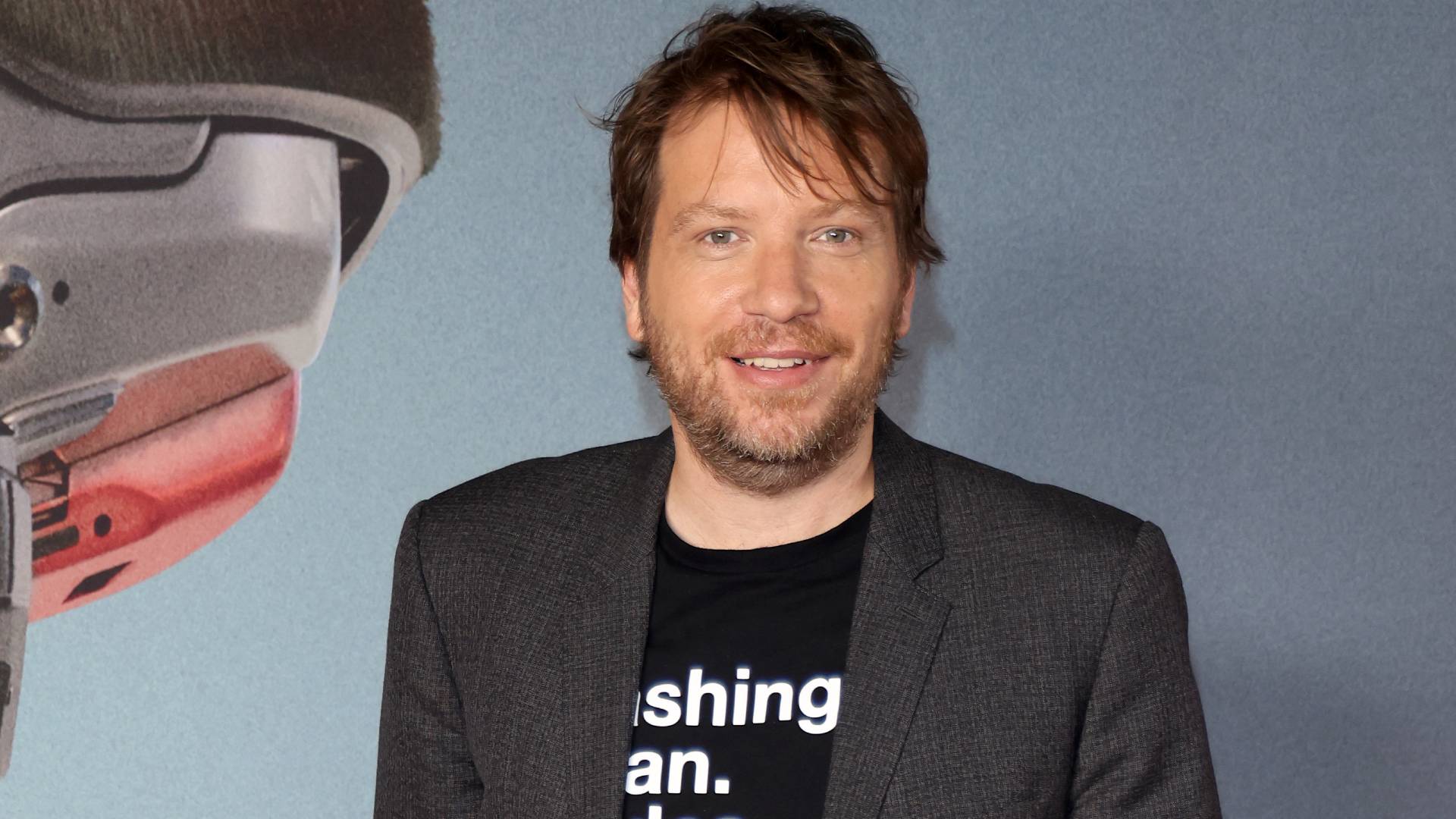
Crafting a fourth Jurassic World film is a tricky assignment. Jurassic World: Dominion made over a billion dollars worldwide, but was regarded by many critics as an overall misstep. It took a stab at nostalgia by bringing back the leading actors from the original film, but all of that was overshadowed by an underwhelming narrative, one that bungled its seeming hole-in-one of having a world now littered with dinosaurs. This was a problem that the entire recent trilogy seemed to face: just like with the park audience in the first Jurassic World that had somehow gotten bored of seeing the spectacle of dinosaurs, moviegoers visited in droves only to be left indifferent.
However, the recent developments regarding the upcoming fourth film are enough to inspire curiosity. Returning as screenwriter is David Koepp, who penned the original Jurassic Park and its sequel, The Lost World. But that news isn’t solely what gives the impression that we might be seeing a return of the Spielbergian magic that drove the first movie to become one of the greatest blockbusters of all time. Gareth Edwards - the director of Monsters, Godzilla, Star Wars: Rogue One, and The Creator - has been assigned the gig, and if there’s any filmmaker that prescribes to Steven Spielberg’s school of establishing wonder in over-saturated genres, it’s Edwards.
By the time Spielberg helmed Jurassic Park, the dinosaur genre was nothing new. In fact, Spielberg had already had a key hand in its (at that point) irrelevance. His 1975 masterpiece Jaws had changed the game when it came to movie monsters like the dinosaur. Every on-screen man-eating beast to come would have to live up to Jaws just as, 18 years later, they’d then have to live up to the revolutionary blend of practical and digital effects found in Jurassic Park. However, only a few have ever done so – Spielberg’s eye for capturing them was too great. Watching Jurassic Park turned us all into Lex and Tim trapped in that overturned jeep, gazing, enraptured, in wonder and horror at the Tyrannosaurus Rex.

Edwards has yet to attain that kind of legacy, but his trademark is similar. The low budget Monsters succeeded in the same way Jaws did by giving us well-defined human drama and atmosphere while keeping our glimpses of the titular attraction to a controlled and effective minimum. His 2014 Godzilla remake was criticized for not having enough of the King of the Monsters in it, but Edwards was aiming for something else. Godzilla was 60 years old at that point and so embedded in pop culture as to be recognizable whether you’d seen a Godzilla movie or not. 2014's Godzilla was built to refresh the Big G’s impact and to leave you as stunned by him as if it was your first time. Rogue One performed a similar function for Star Wars. Behind the scenes messiness aside, it ended up standing in limited company as one of the best parts of Star Wars’ new wave, an all-out franchising effort that’s often more exhausting than exhilarating.
His recent film, The Creator, was narratively hollow, but full of the kinds of visual effects and adventure sensibilities that Edwards is adept at. As such, his track record indicates that he’s a good choice for “flipping” series and rejuvenating them, especially when they’re built around larger than life critters or outlandish fantasy objects. If Edwards can make us fear the Velociraptor or the Tyrannosaurus Rex in the same way that he built up the first appearance of Godzilla in the 2014 movie, we might have our best Jurassic World movie yet.
As for getting close to Spielberg’s original? That’s likely impossible. Spielberg is one of the most well-respected directors of all time for a reason and even Edwards himself has stated that Jurassic Park is an “absolute masterpiece”. Meanwhile, Spielberg has expressed his own admiration for Edwards’ take on Godzilla, and if Spielberg can vouch for you, then you might just be the best hope for carrying these amazing creatures from the past into the future.
For more, check out our guide to the best sci-fi movies of all time.







